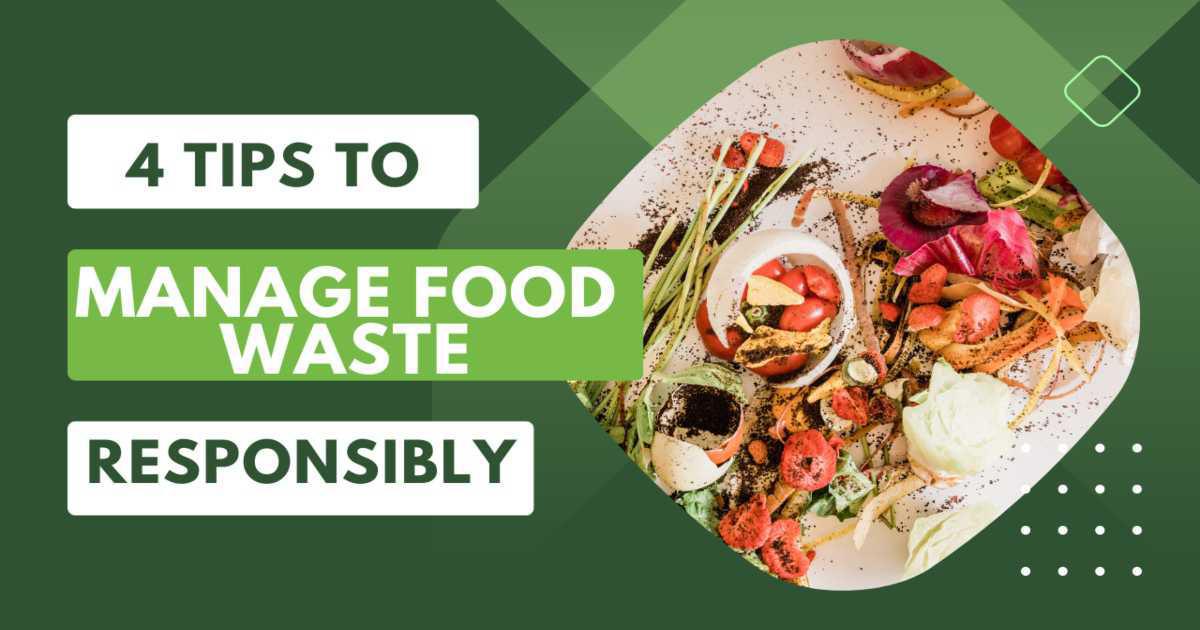In our last blog, we covered the differences between food loss and food waste because YES, they are two very distinct concepts. If you didn’t get a chance to catch it, you can take a read here. In Trinidad and Tobago and by extension the Caribbean Region, organic waste (which includes food) remains at the top of our Waste Charts. It is such a prevalent issue, that the United Nations in its Sustainable Development Goals, Goal 12 Responsible Consumption and Production has a listed target to halve food waste by the year 2030. This waste not only contributes to environmental problems like greenhouse gas emissions and water pollution but also represents a significant loss of resources that could otherwise be used to feed people in need. Here are four (4) tips to help you manage your food waste responsibly and/or redirect food losses:
Composting:
By far my favourite activity, composting is a great way to dispose of food waste in an environmentally friendly way. By turning food waste into nutrient-rich soil, composting not only reduces the amount of waste that ends up in landfills but also helps to create healthy, sustainable gardens and farms. No more buying fertilizers, now you can make your own. And no worries, composting when done right does not smell nor attract the creepy crawlies that we don’t like. If you are interested in learning how we have an amazing course to help you get started.
Donating to Food Banks or Distribution Networks:
Although food banks are not as popular in the Caribbean, they are an amazing way to dispose of food waste responsibly. This can be particularly effective for food that is still safe to eat but is no longer wanted or needed. It is donated to those in need or the organizations that serve them. In fact, many food NGOs and charities actively seek out donations of fresh produce and other perishable foods. For example, the organization Nourish TT has a network of persons who collectively distribute food to people in need every year.
Animal Feed:
Some food waste can also be repurposed as animal feed, particularly for livestock like pigs and chickens. This not only reduces waste but also helps to reduce the environmental impact of animal feed production. For example, Kook Farm donates food to farms in central Trinidad by partnering with a supermarket.
Food Recycling:
A new and growing trend in food waste disposal is food recycling. Food recycling is the process of taking food waste and turning it into new products, such as biofuels, fertilizers, or even food for human consumption. This helps to reduce waste and creates new value from what would otherwise be discarded. For example, Compost-Inn is taking food waste and converting it into fertilizer.
In conclusion, there are many ways to dispose of food waste responsibly, from composting and donating to food distributors to repurposing it as animal feed and food recycling.
By adopting any or all of these methods and reducing our overall food waste, we can help to create a more sustainable and equitable food system for everyone. So now that I have shared these 4 tips to manage food waste responsibly, which do you think you can adopt or would like to know a bit more about?
*This Eco-Learn article is made possible through the 'Doh Waste Good Food' Campaign - a Food Waste management campaign conducted in collaboration with Siel Environmental.

